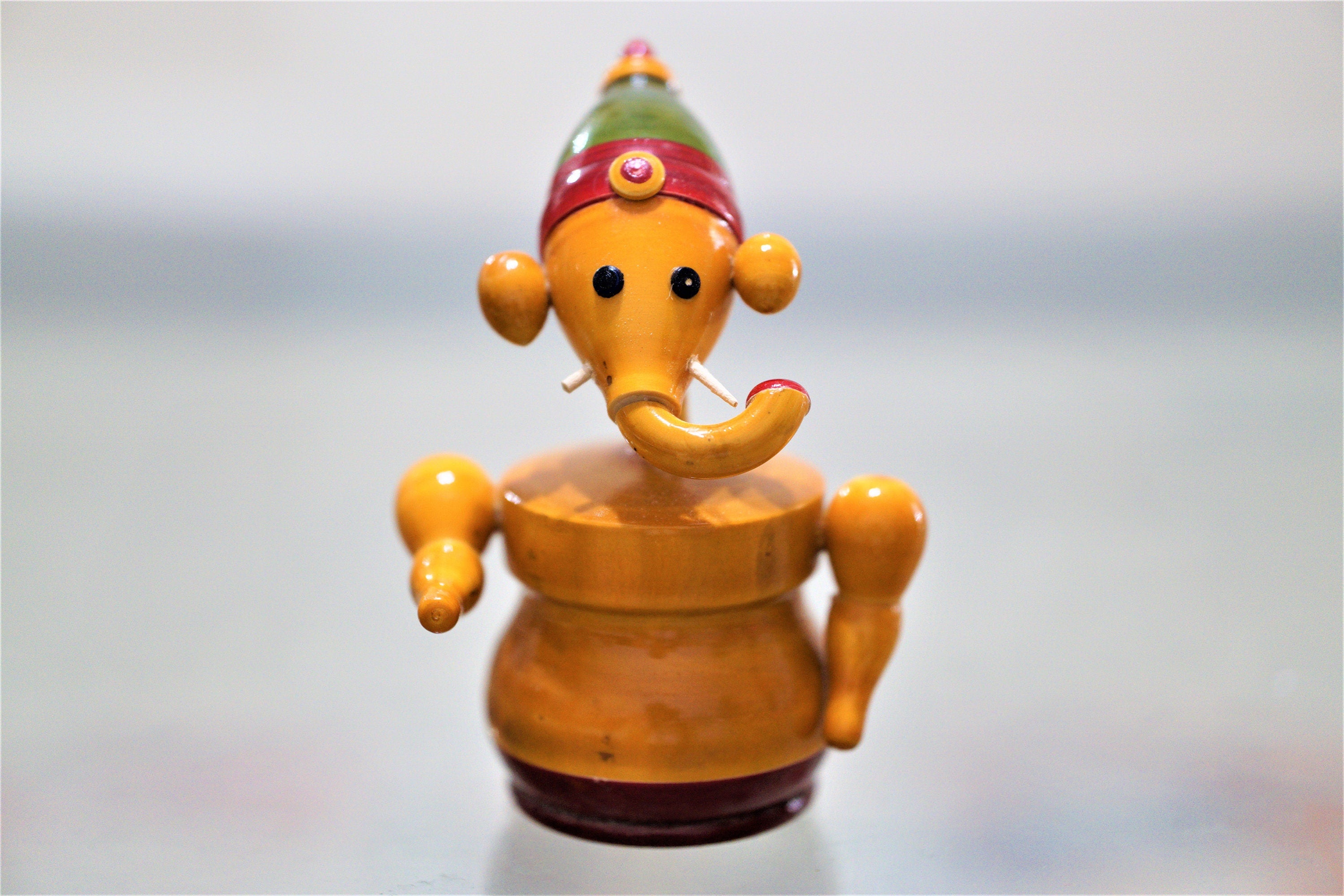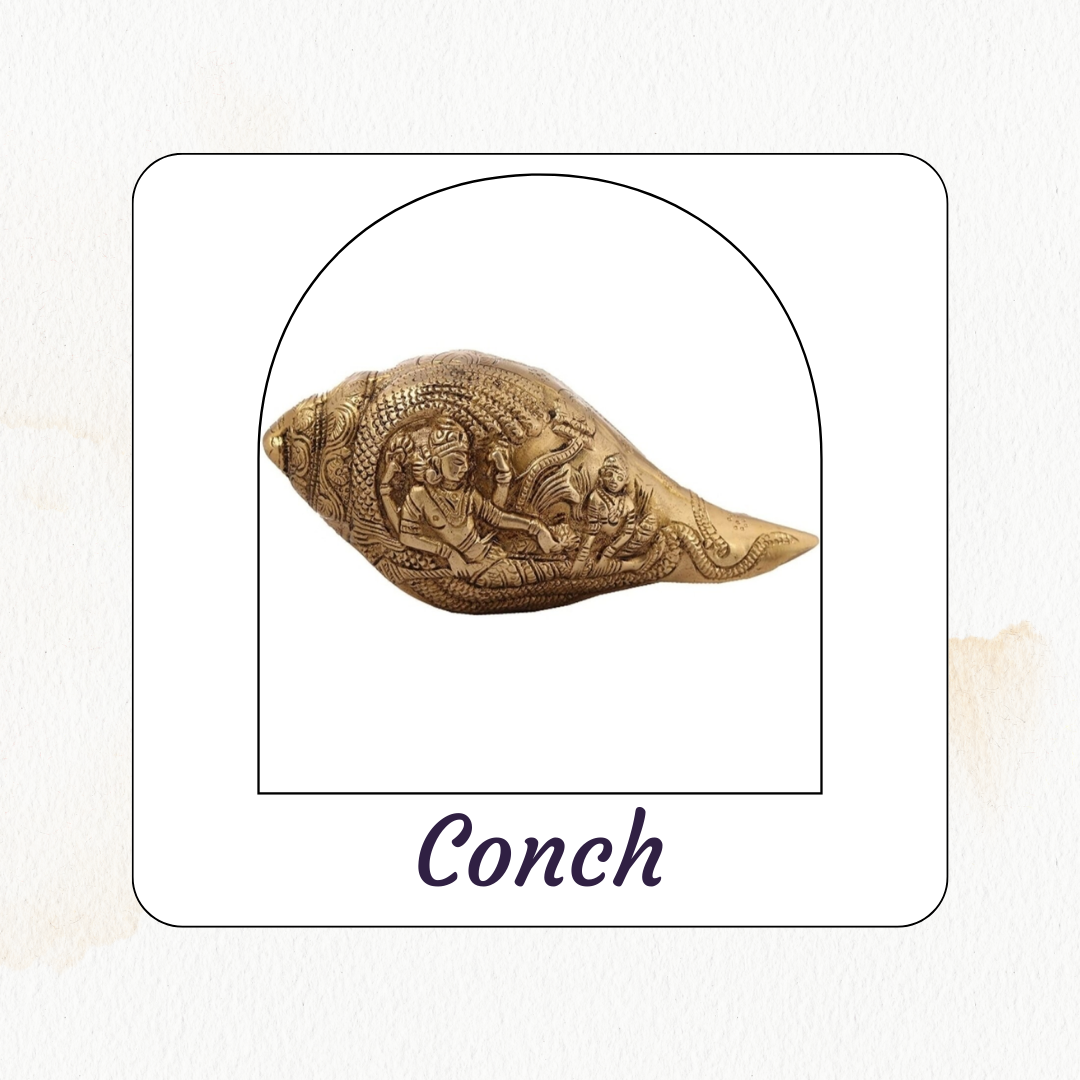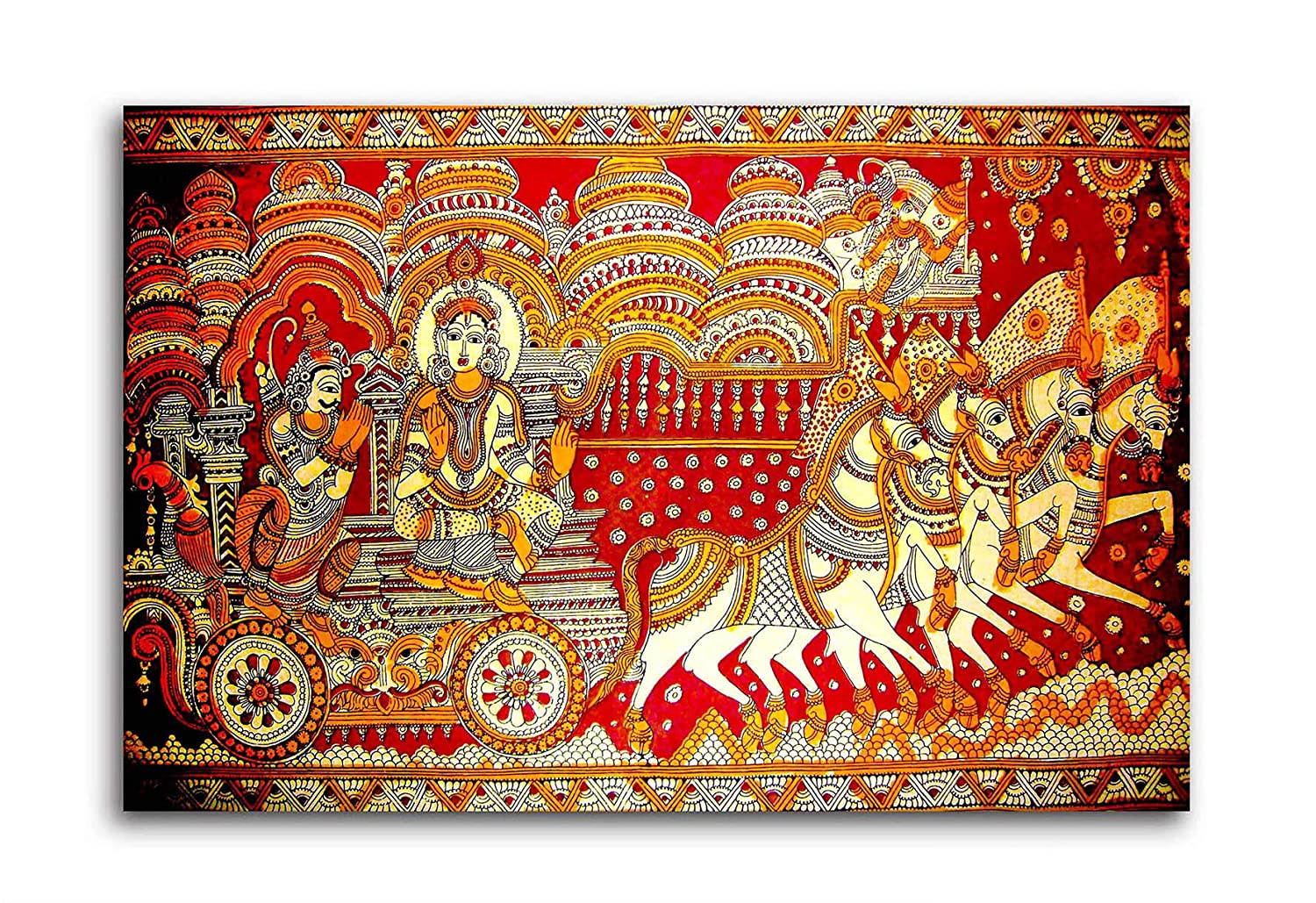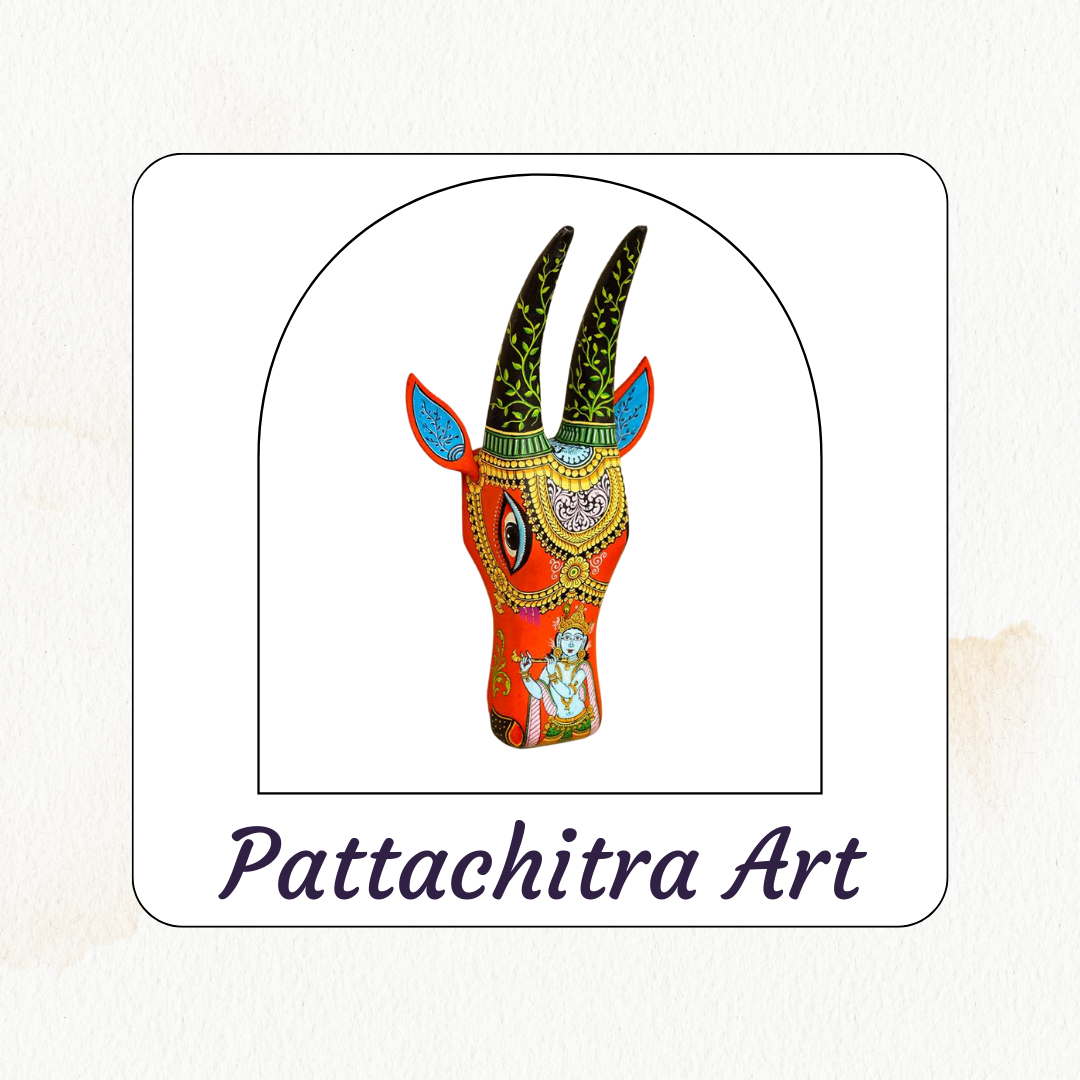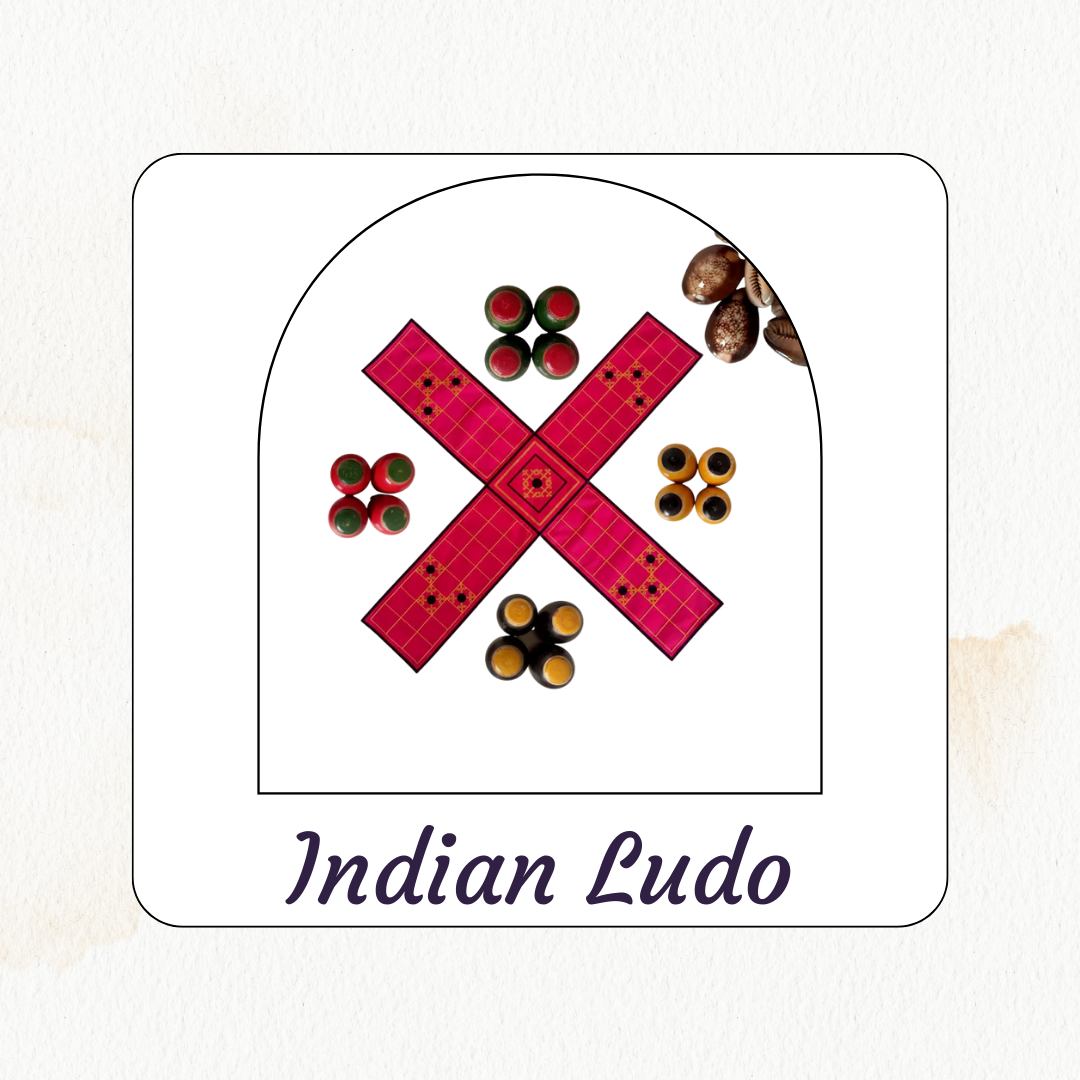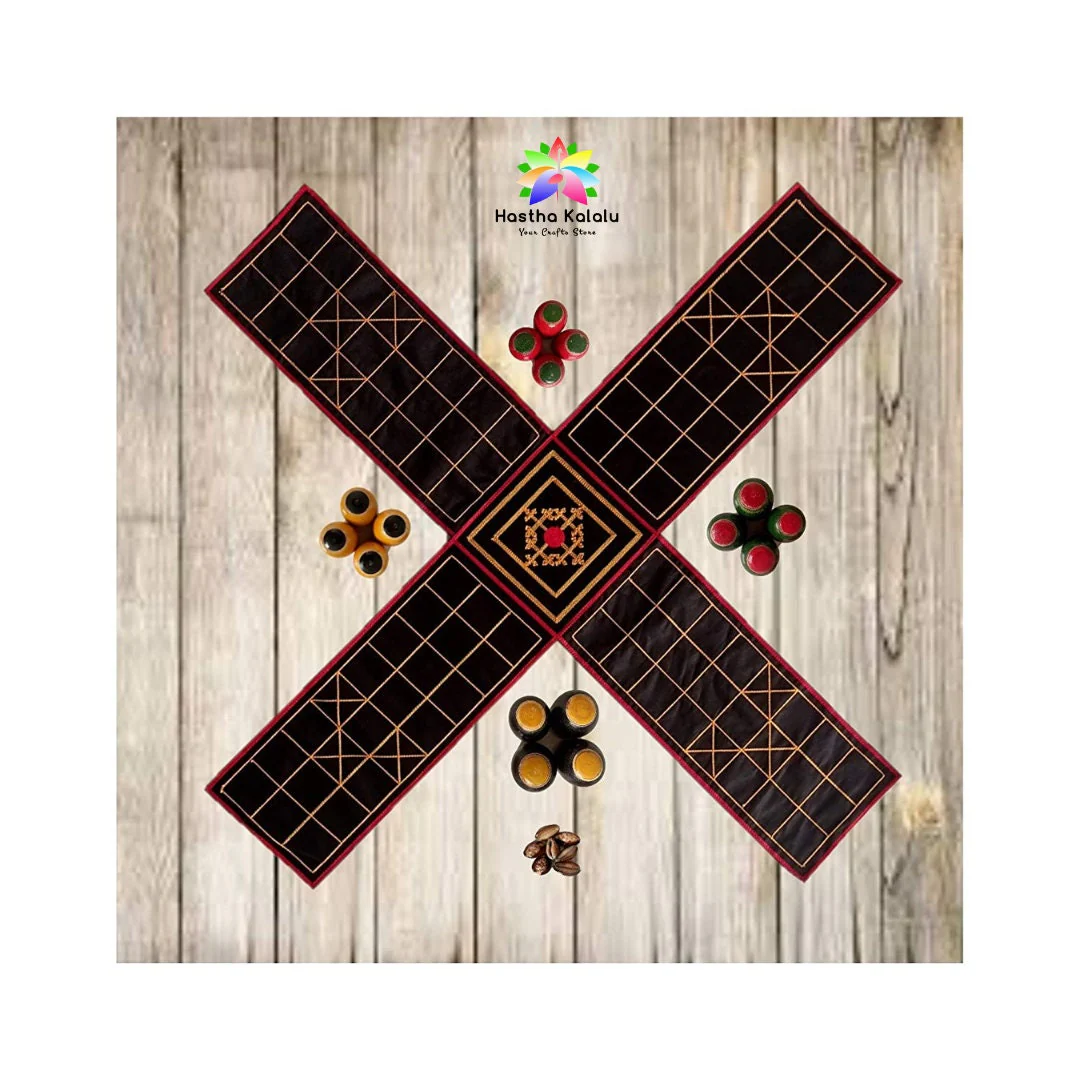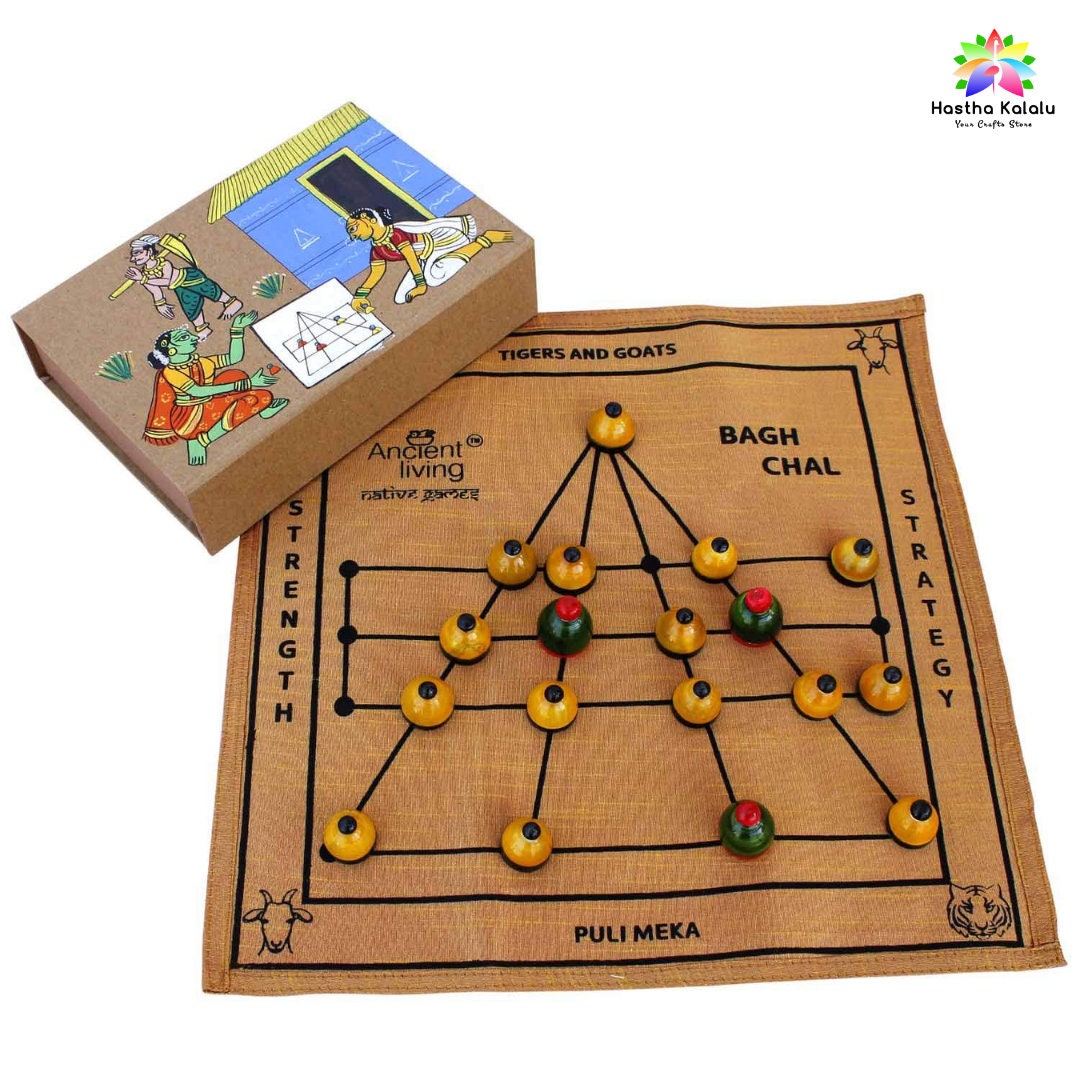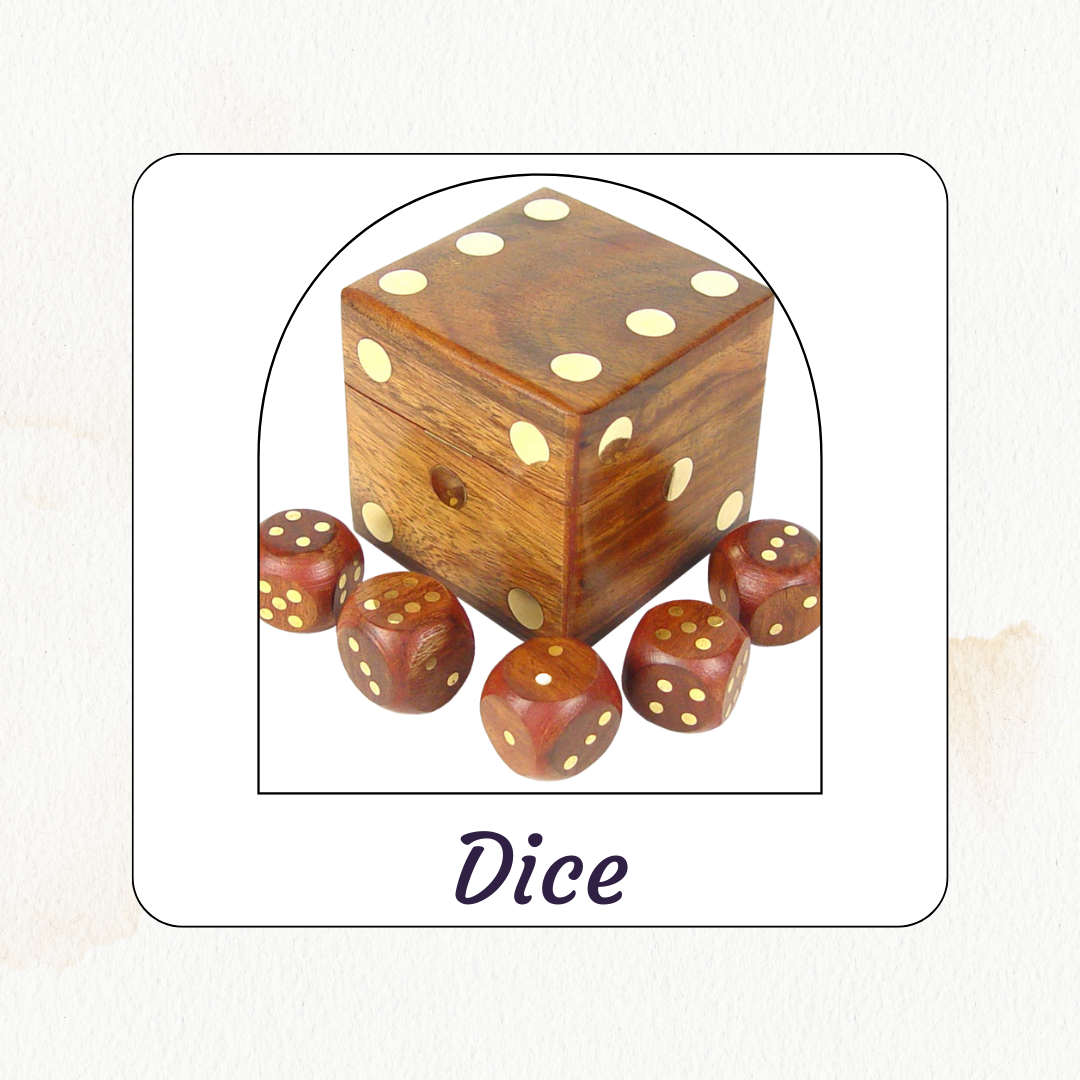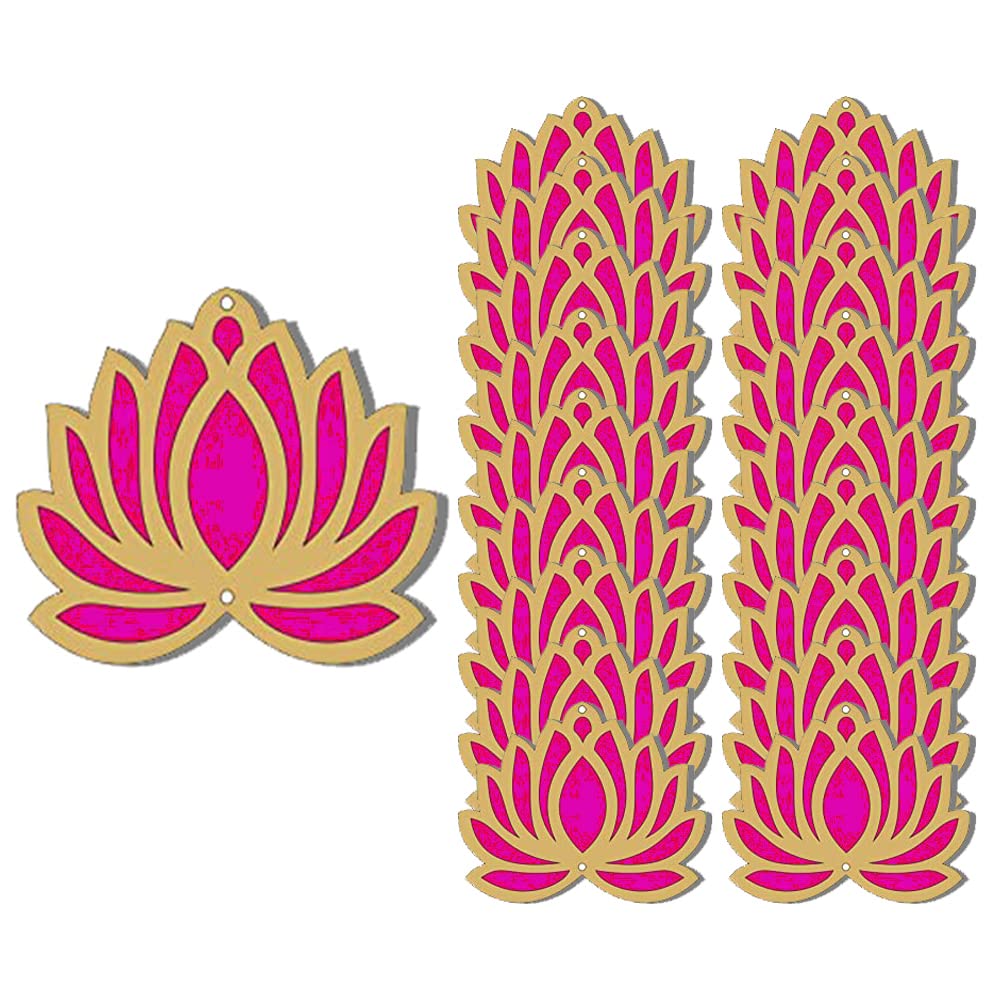Ugadi, also known as Yugadi, is a significant festival celebrated in the Telugu-speaking states of Andhra Pradesh and Telangana. It marks the beginning of a new year in the Hindu calendar and is celebrated on the first day of the Chaitra month (usually falls in late March or early April). The word 'Ugadi' is derived from two Sanskrit words, 'yuga' and 'adi', which mean 'age' and 'beginning', respectively.
History:
According to Hindu mythology, Lord Brahma, the creator of the universe, began his creation on the day of Ugadi. It is also believed that Lord Vishnu incarnated as Matsya (fish) on this day to save the world from destruction. Hence, Ugadi is considered an auspicious day and marks the beginning of a new cycle of creation.
Celebration:
Ugadi is a time of great joy and festivity, with people preparing for the festival days in advance. On the day of Ugadi, people wake up early in the morning, take a bath, and dress up in new clothes. They then perform prayers and seek blessings from the gods for a prosperous year ahead.
Ugadi Pachadi:
Ugadi Pachadi is a unique and traditional dish prepared on the day of Ugadi. The dish represents the six different flavors of life – sweet, sour, salty, bitter, tangy, and spicy. The six flavors signify the different experiences of life – happiness, sadness, anger, fear, disgust, and surprise. Ugadi Pachadi is a symbolic reminder that life is a mixture of experiences, and one must learn to accept them all.

Ingredients:
- Raw Mango – 1 medium-sized
- Neem Flowers – 1 tablespoon
- Jaggery – ¼ cup
- Tamarind – 2 teaspoons
- Salt – 1 teaspoon
- Green Chili – 1
- Water – 2 cups
Recipe:
- Soak tamarind in 1 cup of water for about 10 minutes. Extract the tamarind juice and keep it aside.
- Cut the raw mango into small pieces and keep it aside.
- Take a small bowl, add neem flowers and pour in hot water. Leave it for a minute and drain the water. This step helps to reduce the bitterness of the neem flowers.
- In a pan, add the tamarind juice, jaggery, and salt. Heat the pan on medium flame and stir well until the jaggery dissolves.
- Once the jaggery dissolves, add the chopped mango, neem flowers, and slit green chili to the pan.
- Mix well and let it cook for about 5-6 minutes on low flame.
- Turn off the heat and let the mixture cool.
- Serve the Ugadi Pachadi as a side dish.
Ugadi Pachadi is not only a delicious dish but also has a deeper symbolic meaning. It reminds us to embrace the different experiences of life and accept them with grace. Ugadi is a festival that celebrates new beginnings, and Ugadi Pachadi is a perfect dish to start the new year on a sweet, tangy, and spicy note.
Food:
Ugadi is also a time for feasting, and families prepare an elaborate spread of traditional dishes. Apart from the Ugadi Pachadi, other delicacies that are commonly prepared during the festival include pulihora, bobbatlu, payasam, and vadai.
Rituals: Panchanga Sravanam
On the day of Ugadi, people gather in temples or homes to listen to the Panchanga Sravanam. Usually, a learned astrologer, scholar, or priest performs the reading, who has a deep understanding of the almanac's intricacies. The priest reads out the predictions for the upcoming year, including information on the auspicious times and dates for important events such as weddings, starting new businesses, or buying new assets.

Apart from the astrological predictions, the Panchangam also provides insights into the seasonal changes and forecasts for the agricultural cycle, which are crucial for farmers. This information helps farmers plan their planting, harvesting, and other agricultural activities, ensuring that they get the best yields and avoid losses.
Panchanga Sravanam is considered an essential part of Ugadi celebrations as it sets the tone for the new year and provides people with a roadmap for the year ahead. It also offers an opportunity for people to seek guidance and blessings from the gods, ensuring a prosperous and successful year ahead.
Decoration:
People also decorate their homes with mango leaves, marigold flowers, and rangoli patterns, signifying prosperity and growth. The houses are cleaned and adorned with fresh flowers and new clothes, adding to the festive ambiance.
Conclusion:
Ugadi is a vibrant and colorful festival that is celebrated with great enthusiasm by people in Andhra Pradesh and Telangana. It is a time of new beginnings, where people reflect on the past year and look forward to a prosperous year ahead. From the traditional dishes to the rituals, Ugadi is a time for joy, feasting, and celebration.
ఉగాది శుభాకాంక్షలు!


